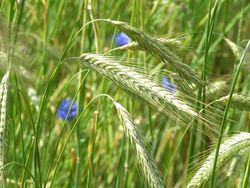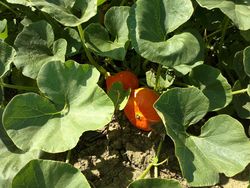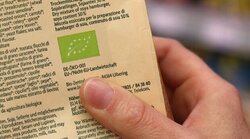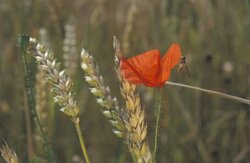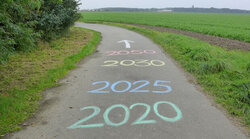Organic farming is considered particularly sustainable, and organic products are established on the markets. For more than 20 years, the expansion of organic farming has been a goal of German politics. The current government is particularly striving for an expansion of organically farmed land and has formulated a share of 30 % in 2030 as a political goal in its coalition agreement. So far, however, the share is significantly lower at around 11 %.
What would have to change for organic farming in Germany to continue to grow and also much faster? What are the strengths and weaknesses of the organic sector in Germany, and what opportunities and risks exist now and in the foreseeable future? In this context, how important is the development of organic farming in other countries?
In order to answer these questions and advise policymakers, we have been analysing the developments of the organic sector in Europe from a business and political perspective for over twenty years. We are particularly interested in the question of how the current market situation and the political framework conditions affect the profitability of organic farms and under which conditions organic farming is profitable compared to conventional production. In view of increasing imports, the question of the international competitiveness of German organic farms has also become a topic. We regularly prepare overviews on the development and promotion of organic farming at EU, federal and state level, assess the efficiency of organic support measures and examine the benefits of alternative policies and support measures with regard to the desired expansion of organic farming. Since summer 2022, we have been advising the BMEL on the further development of the Strategy Organic Farming published in 2017 into a strategy for the entire Federal Government.



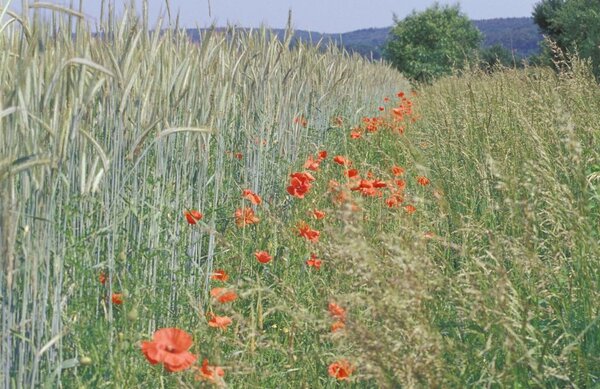
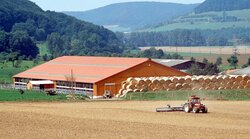
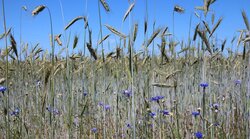
![[Translate to English:] LAMASUS - Modellierung von Landnutzung und -management für eine nachhaltige Steuerung](/media/_processed_/9/a/csm_2579_Lamasus-color-positive_11dc120efd.png)

